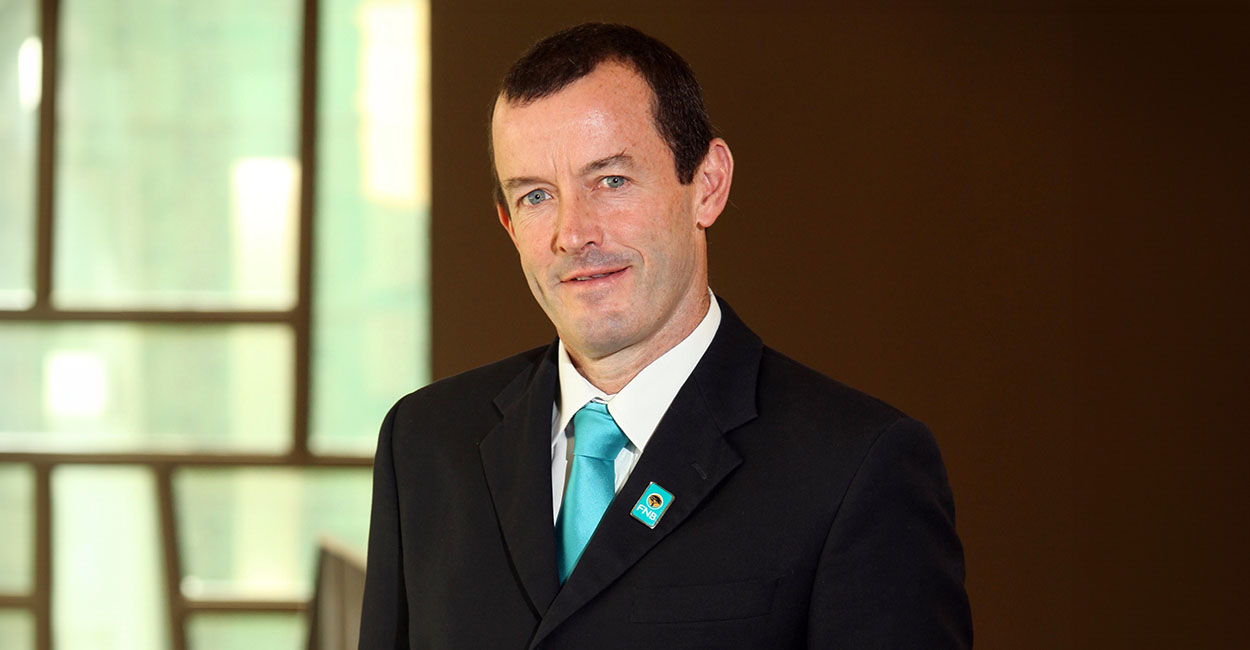MAIN IMAGE: Jacqui Savage, national rentals manager for the Rawson Property Group
Rawson Property Group
Under the Rental Housing Act, incoming and outgoing inspections are mandatory. Both tenants and landlords/agents are obligated to be present for the full duration and sign off on the resulting inspection forms – complete with time- and date-stamped inspection photographs.
While many view this as little more than an inconvenient bureaucratic hurdle, Jacqui Savage, National Rentals Manager for the Rawson Property Group, says inspections are actually a crucial safeguard for everyone involved. “Inspections protect the interests of both landlords and tenants,” says Savage.
“They provide a clear framework for recording a property’s condition at the start and end of a rental agreement in order to identify any repairs or maintenance necessary and fairly assign responsibility. Following the correct procedure makes it vastly easier to avoid arguments and blame-shifting and ensure repairs are completed timeously, and deposits are returned as quickly as possible.”
Incoming inspections
The purpose of the incoming inspection is to establish the condition of the property before the tenant moves. This, Savage explains, serves several purposes.
The first and most obvious is to record any preexisting defects to avoid blaming the tenant for them when their lease expires. These defects are added to a list with photographic evidence and serve as a base point from which to measure any further deterioration to the property’s condition over the course of the lease agreement.
“Incoming inspections also offer a valuable opportunity for landlords – or their representatives – to take stock of their property in order to budget for strategic maintenance or improvement projects,” adds Savage. “This is often overlooked, but this kind of proactive management can make a huge difference to the value of a rental property and its long-term appeal to tenants.”
Did you know? Defects identified during the incoming inspection are not required to be fixed by the landlord unless this has been mutually agreed on and stipulated in the lease agreement or the defects make the property unfit for its intended purpose.
Outgoing inspections
The purpose of outgoing inspections is to establish whether the tenant caused any additional damages during their tenancy. It is typically held in the last three days of the lease period before the tenant vacates the property. “In ideal circumstances, the outgoing inspection will reveal nothing more than normal wear and tear,” says Savage.
“In this case, provided the tenant returns the keys, the landlord is required to refund the full deposit, plus interest, within seven days of the lease expiry.” If the inspection reveals damages caused by the tenant, Savage explains that the landlord will need to use the deposit to cover repairs and/or replacements.
“Tenants are well within their rights to ask to see receipts for anything paid out of their deposit,” she adds. “That makes it vital that expenses are properly tracked and repairs kept 100% above board. Anything left of the deposit must also be returned to the tenant, with interest, within fourteen days of the lease termination date.”
What happens in between?
While incoming and outgoing inspections do a lot to protect landlords and tenants, Savage says what happens in between is also very important.
“Tenants need to remember that, while they’re not responsible for things like leaks, storm damage or electrical faults, they are responsible for alerting their landlord or rental agent as quickly as possible,” says Savage. “Not doing so could result in additional damages for which the tenant may be held liable.”
Likewise, Savage says landlords need to maintain open lines of communication with their tenants, and arrange things like routine maintenance and/or improvements collaboratively in order to minimise tenant disruption.
“Remember, rental agreements are two-way contracts,” she says. “Both parties have rights and responsibilities. The best way to protect everybody’s interests is to keep communication lines open, be upfront and honest at all times, and record absolutely everything.”








